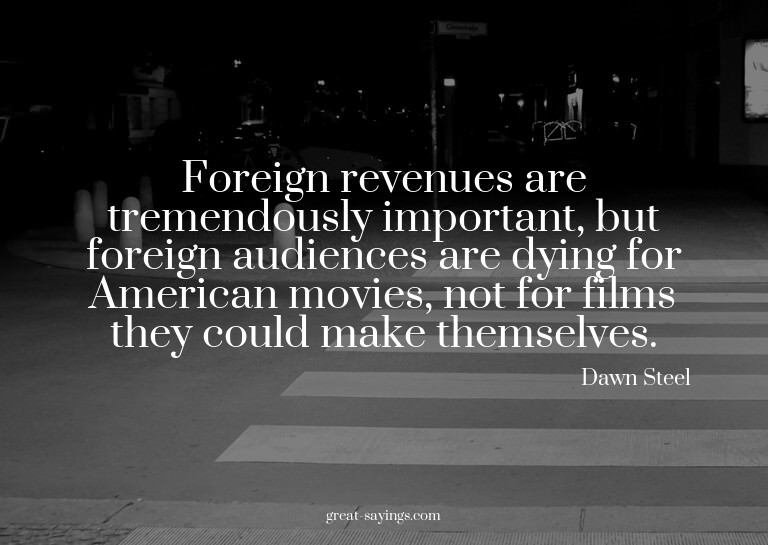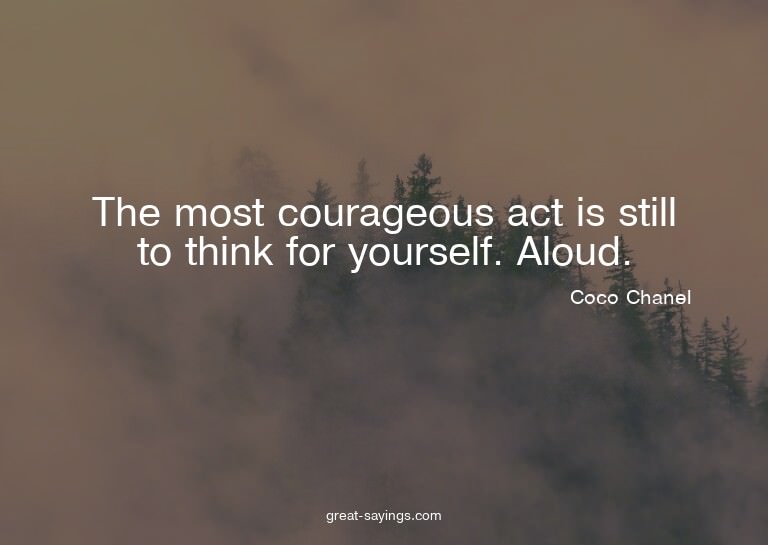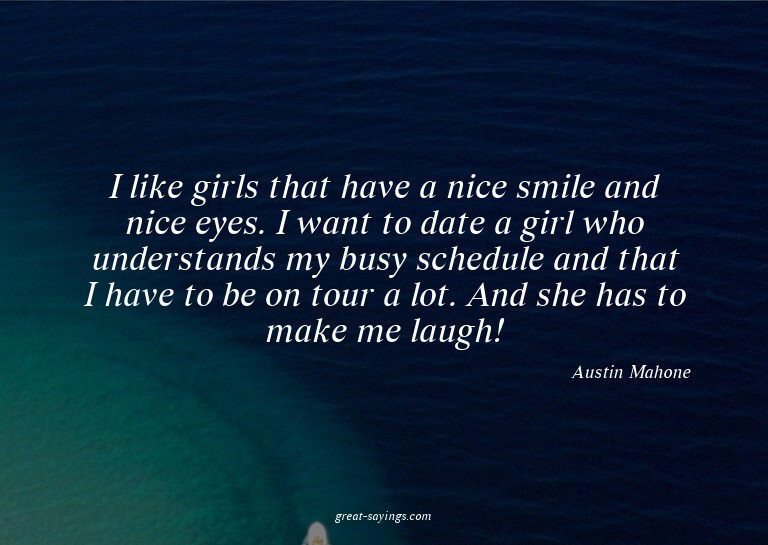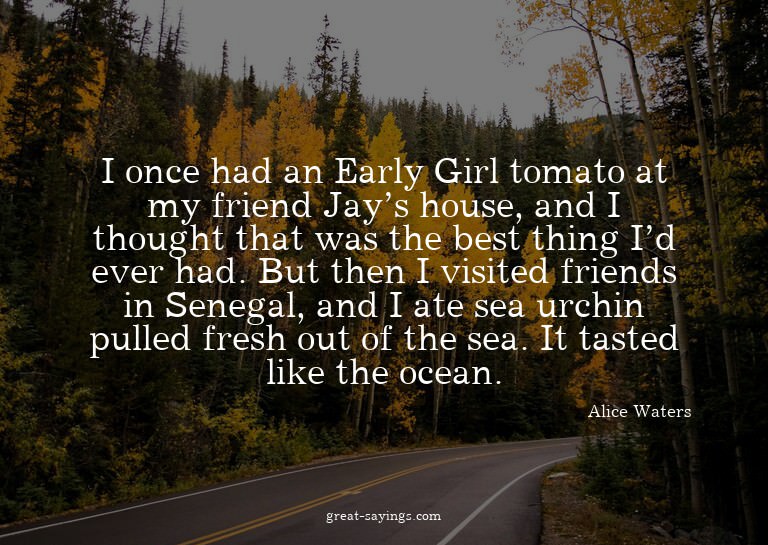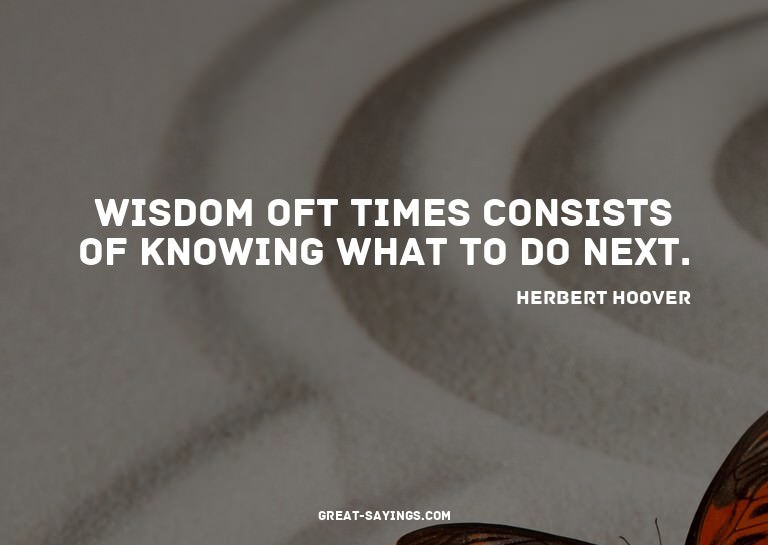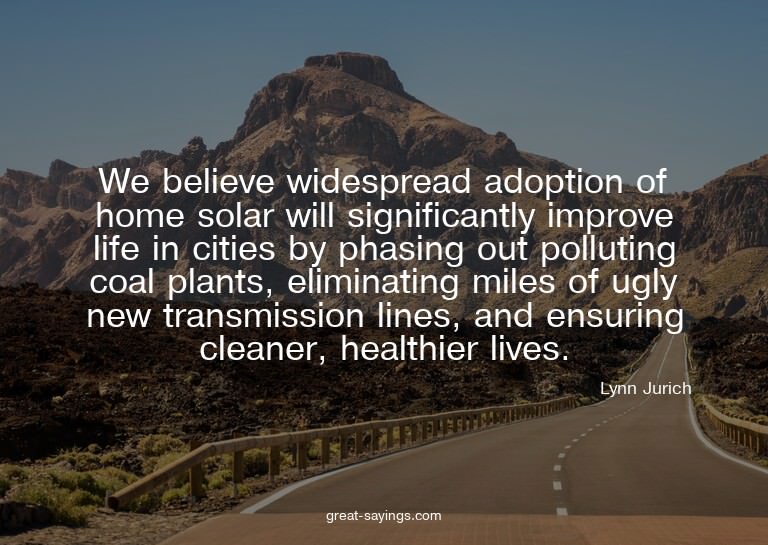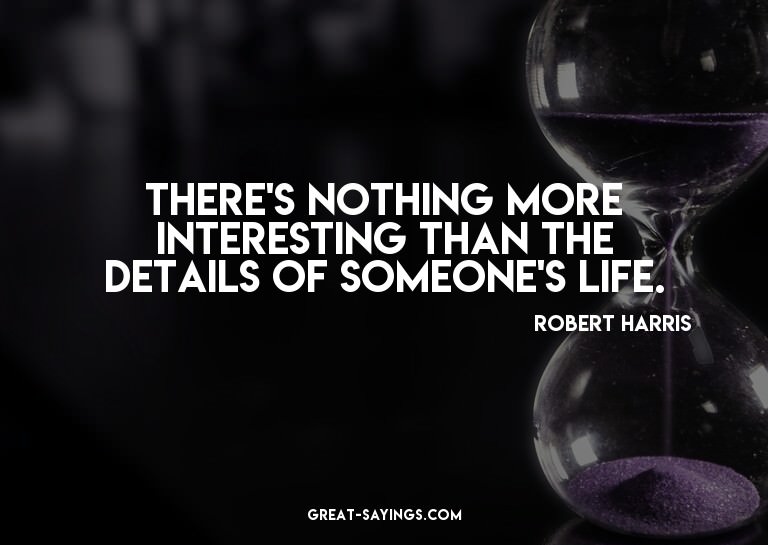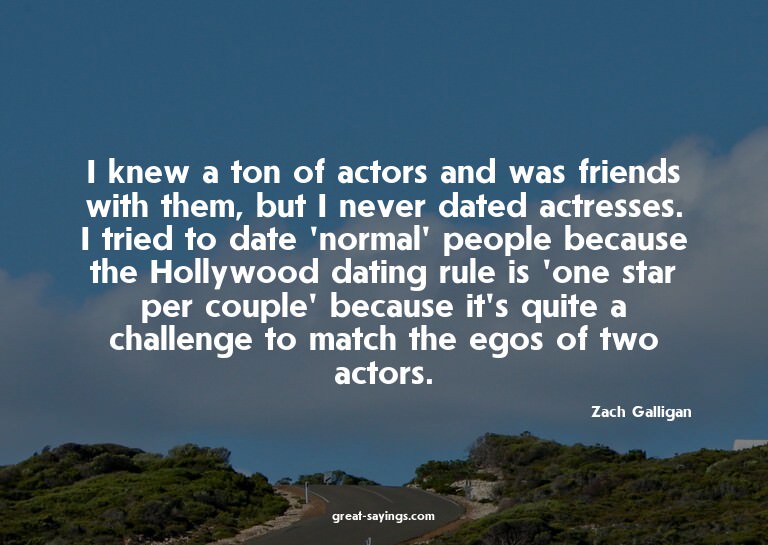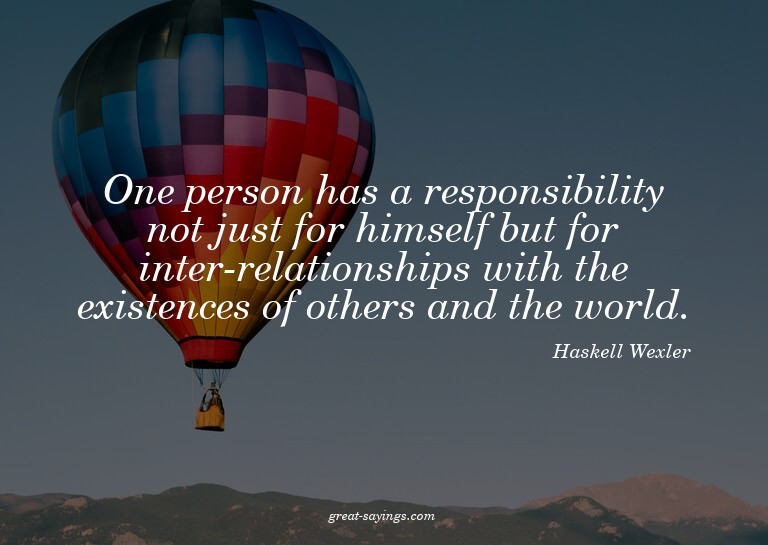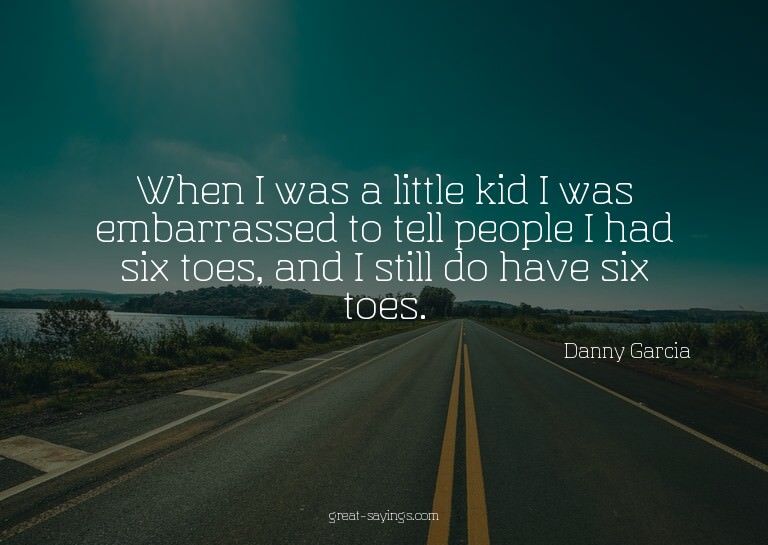Words matter. These are the best Taylor Sheridan Quotes, and they’re great for sharing with your friends.
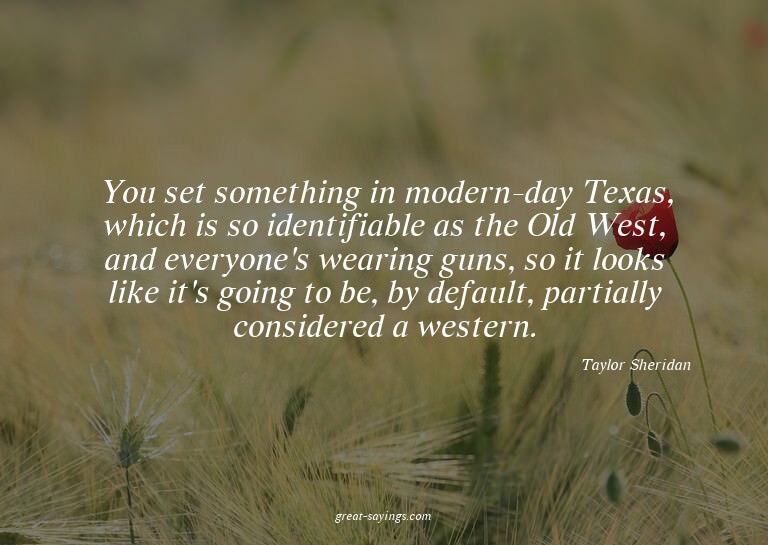
You set something in modern-day Texas, which is so identifiable as the Old West, and everyone’s wearing guns, so it looks like it’s going to be, by default, partially considered a western.
I sent ‘Hell or High Water’ to Peter Berg, asking if he’d like to be involved.
I can recognize a good actor. I can recognize someone that can convey emotion and that has the essence and not get lost in the minutia of, ‘Well, that person’s got red hair, and so does the other.’ Some of the decisions in casting that seem so important at the time, until you get on set and you’re starting to shoot.
In the late ’90s, I spent a lot of time on reservations, and there was a level of poverty and injustice that I had not witnessed before. I was shocked by it. This is federally controlled land, and there was an insidious mix of apathy and exploitation.
I believe in the Constitution – and I believe in common sense.
I finished ‘Hell or High Water’ and started writing ‘Wind River’ literally the next day.
I didn’t know if I could make a good movie. But I knew I could make a respectful one.
I made a very conscious decision to quit acting. I was on a series, and we were in the process of renegotiating. They had an idea of what they thought I was worth, and I had an idea that was quite different.
I think my mission, if I could call it that, as a storyteller is to try and find ways to show how similar we are and not how different we are.
Most of us don’t confront pure anything. What our life does involve is a whole lot of 60/40 and 70/30.
As a filmmaker, you have to stand in front of what you did and make choices that you could do with a clear conscience.
Don’t try and make a movie for someone else. You have to make it for you and trust that you’re not that unique. And that’ll matter to other people as well.
I spent a lot of time doing really unimportant work as an actor. It was important when I started writing that I obviously make it entertaining, or no one is going to go see it – but to really make you think, that is my goal.
Every writer has written a spec. It’s the first thing you write, and it basically stands as a means of, ‘Here’s an example of how I tell stories.’ It’s almost like a business card.
There’s not a lot of pure evil in the world, but it’s amazing how little it takes to do great damage.
Until you’ve been to Cannes, it’s hard to describe to someone the magnitude of that festival.
‘Kramer vs. Kramer’ is one of my favorite films, where you have a story that really juxtaposes a lot of ideas that we have about family and about parenting.
Violence is literally the glue of the cycle of life, and yet I think that we’re the only species that does it maliciously.
If you’re going to make a sequel to ‘Sicario’, you have to – you know, you’ve got to go beat a brand new path.
I just lost interest in performing.
I think I was a decent actor, but it took a lot of work for me to make a choice on how to read a line.
I was going to be the head wrangler at a ranch in Wyoming, and the reason I didn’t take the job is because I couldn’t have my family there – the family had to stay in town. I just wasn’t willing to do that.
People in Texas wear cowboy hats; they’re good at keeping the sun off your neck and face.
I don’t outline. I sit down to write, and I take the ride. If something starts to not feel right, I go back to the last place that felt like jazz to me.
I let characters be human and flawed and relatable. When we do things that aren’t that great, we can understand it.
The movies I make – the goal isn’t a mass audience. They’re not expensive films. So the attempt is to reach a much more limited audience – one would say an audience that enjoys films that challenge them emotionally and intellectually.
To me, ‘Unforgiven’ is one of the best films ever made. Aside from the fact it takes the genre and kicks it between its legs, it’s this fascinating deconstruction of the myth of the West.
I think film cannot only teleport you to places you don’t know, but it can help you see people you thought were one way and in fact are another. They can allow us to examine ourselves.
I thought of Jeff Bridges in ‘Hell or High Water’ and Ben Foster, and I kept trying very hard not to, because you’re terrified you’re going to write this thing that then feeds specifically to this one person that then won’t do it.
I spent most of my time as an actor in television, so directors in television – it’s such a machine that’s already in place that I don’t think you notice the direction as much on the set.
Whether we can call ‘Hell or High Water’ this rogue buddy bank-heist movie, it’s also a meditation on assimilation and failure and what happens when someone loses their purpose.
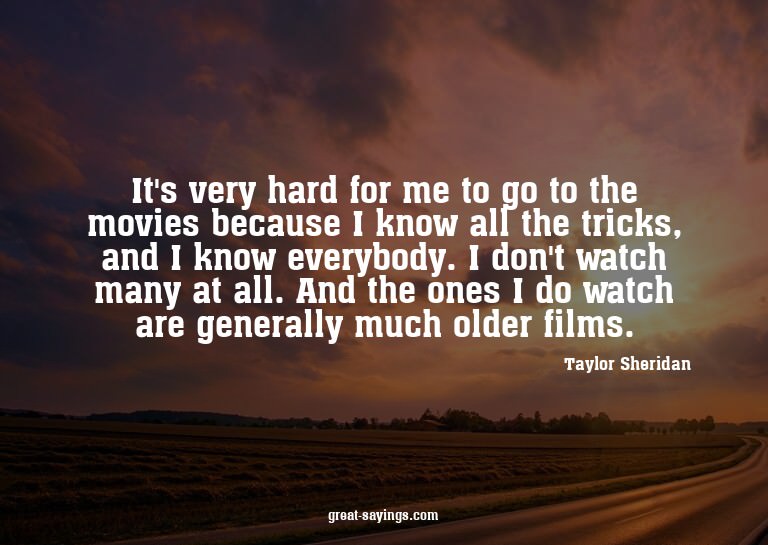
It’s very hard for me to go to the movies because I know all the tricks, and I know everybody. I don’t watch many at all. And the ones I do watch are generally much older films.
One of the major issues that’s constantly batted around Hollywood and the media is my industry’s responsibility toward the portrayal of violence. There’s the irony of the films that glorify it and the individuals taking positions against it. It’s a very confusing, confounding place.
Plot is just not my gift. I’m fascinated with complex characters, and that doesn’t mix well with complex plots. And by the way, when the plot is simple, you can move one piece around and make it feel fresh. Hell or High Water’s a good example: I don’t tell you why the brothers are robbing the bank.
While I feel it’s important for films to examine our society, I don’t particularly like watching the films that do it.
Sugarcoating doesn’t do anybody any good.
‘Sicario’ was successful, but it was successful because Denis and the producers were, you know, they were very lean. It was very lean filmmaking.
I had three attorneys dedicated solely to find the statistic of the number of missing Native American women on reservations. Any reservation, not just ‘Wind River.’ They don’t exist. The federal government, which is responsible for the reservations, don’t keep those stats.
I mean… directing is a holy, unpleasant experience, to be perfectly honest.
I was surprised by how much I liked ‘Hacksaw Ridge’ and its depth.
When I write a movie, I write it for me.
Part of our job as storytellers is to show people pockets of the world that they don’t know. The more we understand, the more we don’t judge.
I had to push exposition through dialogue, which is really, really hard for an actor do.
I’ve been very fortunate with my three spec scripts – which is sort of my thematic trilogy of the American Frontier. With ‘Sicario’, ‘Hell or High Water’ and then ‘Wind River’ – which is the third – there were no rewrites. It was the first draft for all three.
I’m a storyteller, and I was an actor, so I have a fairly thin grip on reality to begin with.
My job is not to give you all the answers. My job is to ask the questions.
I wanted ‘Hell or High Water’ to feel like a road movie and an exciting, fun film – until it’s not.
I watched a lot of old movies. Clint Eastwood movies, a lot of John Wayne films, a lot of movies that celebrated the region of where I lived.
Once I finished ‘Sicario,’ I knew I wanted to follow it up with ‘Hell or High Water.’
To me, a purely good individual or purely bad individual, that’s a comic book – that’s a fantasy – and I don’t do fantasy.
Honest communication is a rare thing.
I like to describe ‘Yellowstone’ is ‘The Great Gatsby’ on the largest ranch in Montana. Then it’s really a study of the changing of the West.
Josh Brolin is fascinating to watch because he is just so effortless. It’s like watching a really gifted athlete run, and I just didn’t have that.
Some of the most fascinating scenes in ‘Unforgiven,’ for me, is that scene with Gene Hackman where he’s talking about the Duke of Death that Richard Harris played, and he’s basically demolishing this myth of this man very unwesternly – not what you expect in a western.
I let characters be human and flawed and relatable.

